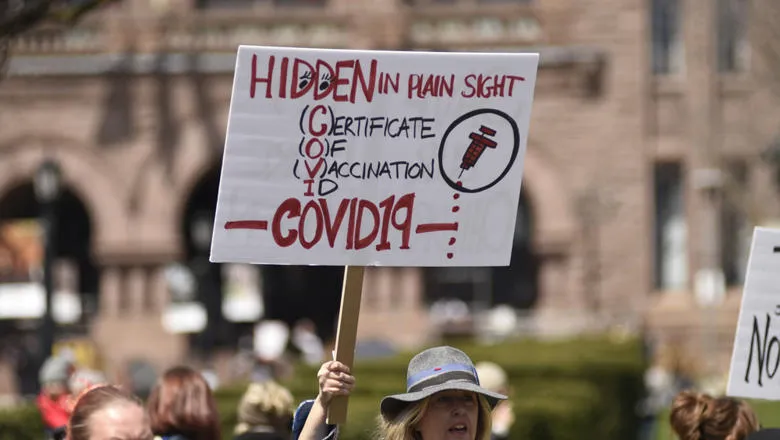
Dr Daniel Allington
Reader in Social Analytics
Research interests
- History
- Media
Biography
I am a computational social scientist with a background in social research methods, including survey work, social network analysis, and statistical text analysis. I began my career as an applied linguist with a particular interest in how people interpret ambiguous language (especially in literary texts), and have written extensively on the history of media (especially publishing). Today, my research primarily focuses on extremism, hate, and disinformation in the contemporary world, although I retain a strong interest in the historical study of publishing and the media. I am Co-Investigator of Decoding Antisemitism, a three-year project funded by the Alfred Landecker Foundation.
Research Interests and PhD Supervision
- Political ideology
- Hate speech and incitement
- Disinformation and misinformation
- Publishing and media
- Audiences
I am interested in supervising PhD students who take a qualitative or quantitative approach to any of the above areas.
For more details, please see my full research profile.
Teaching
I teach quantitative research methods and introductory data science to undergraduate and postgraduate students, and I’m always pleased to see students put what they learn to good use.
Expertise and Public Engagement
My research on antisemitism and conspiracy theories (including COVID-19 conspiracy theories) has been widely reported in the UK and international press. In 2019, I led one of the teams carrying out primary research for the UK Commission for Countering Extremism. Other organisations with which I have recently worked include Campaign Against Antisemitism, Quilliam International, the Centre for Countering Digital Hate, and the Antisemitism Policy Trust.
Selected Publications
- Allington, D., Duffy, B., Wessely, S., Dhavan, N., and Rubin, J. 2020. Health-protective behaviour, social media usage, and conspiracy belief during the COVID 19 public health emergency. Psychological Medicine (online first). https://doi.org/10.1017/S003329172000224X
- Allington, D. and Joshi, T. 2020. ‘What others dare not say’: an antisemitic conspiracy fantasy and its YouTube audience. Journal of Contemporary Antisemitism 3 (1): 36-53. https://doi.org/10.26613/jca/3.1.42
- Allington, D., Brewer, D.A., Colclough, S., Echard, S., Lesser, Z. 2019. The book in Britain: a historical introduction. Chichester and Hoboken: Wiley Blackwell.
News
Study reveals people most likely to hold antisemitic views
People who believe in conspiracy theories are more likely to have antisemitic opinions than non-believers, new research shows.

Covid-19 vaccine hesitancy linked to reliance on social media and voting for Trump
New research by King’s College London and the University of Bristol, published in the leading peer-reviewed journal Vaccine, published by Elsevier, has found...

Left wing radicalism linked to sympathy for violent extremism
The more strongly someone agrees with the ideas of revolutionary left-wing groups, the more likely they are to sympathise with violent extremism, finds a new...

News
Study reveals people most likely to hold antisemitic views
People who believe in conspiracy theories are more likely to have antisemitic opinions than non-believers, new research shows.

Covid-19 vaccine hesitancy linked to reliance on social media and voting for Trump
New research by King’s College London and the University of Bristol, published in the leading peer-reviewed journal Vaccine, published by Elsevier, has found...

Left wing radicalism linked to sympathy for violent extremism
The more strongly someone agrees with the ideas of revolutionary left-wing groups, the more likely they are to sympathise with violent extremism, finds a new...

